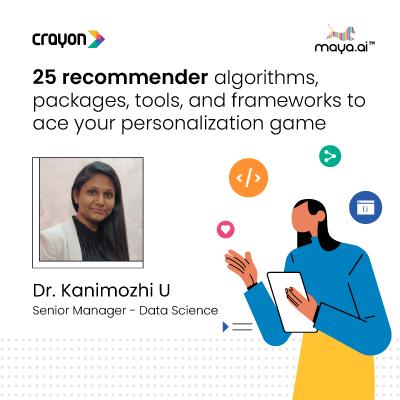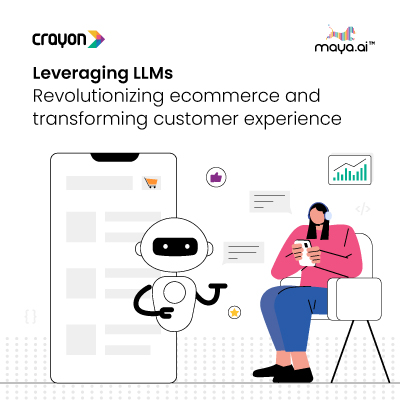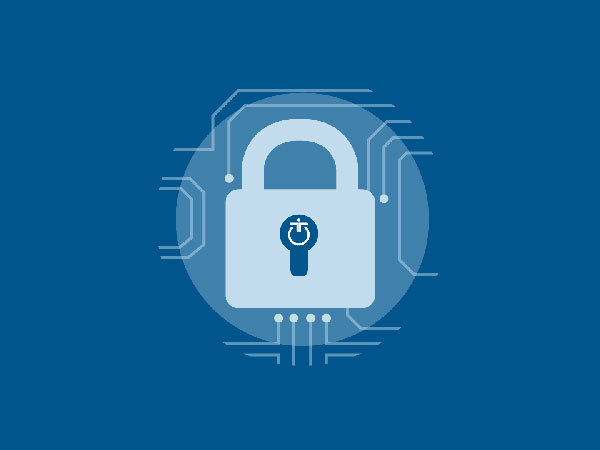This week, the President is expected to release a report on big data, the result of a 90-day study that brought together experts and the public to weigh in on the opportunities and pitfalls of the collection and use of personal information in government, academia, and industry. Many people say that the solution to this discomforting level of personal data collection is simple: if you don’t like it, just opt out. But as my experience shows, it’s not as simple as that. And it may leave you feeling like a criminal.
It all started with a personal experiment to see if I could keep a secret from the bots, trackers, cookies and other data sniffers online that feed the databases that companies use for targeted advertising. As a sociologist of technology I was launching a study of how people keep their personal information on the Internet, which led me to wonder: could I go the entire nine months of my pregnancy without letting these companies know that I was expecting?
This is a difficult thing to do, given how hungry marketing companies are to identify pregnant women. Prospective mothers are busy making big purchases and new choices (which diapers? which bottles?) that will become their patterns for the next several years. In the big data era of targeted advertising, detection algorithms sniff out potentially pregnant clients based on their shopping and browsing patterns. It’s a lucrative business; according to a report in the Financial Times, identifying a single pregnant woman is worth as much as knowing the age, sex and location of up to 200 people. Some of these systems can even guess which trimester you’re in.




















